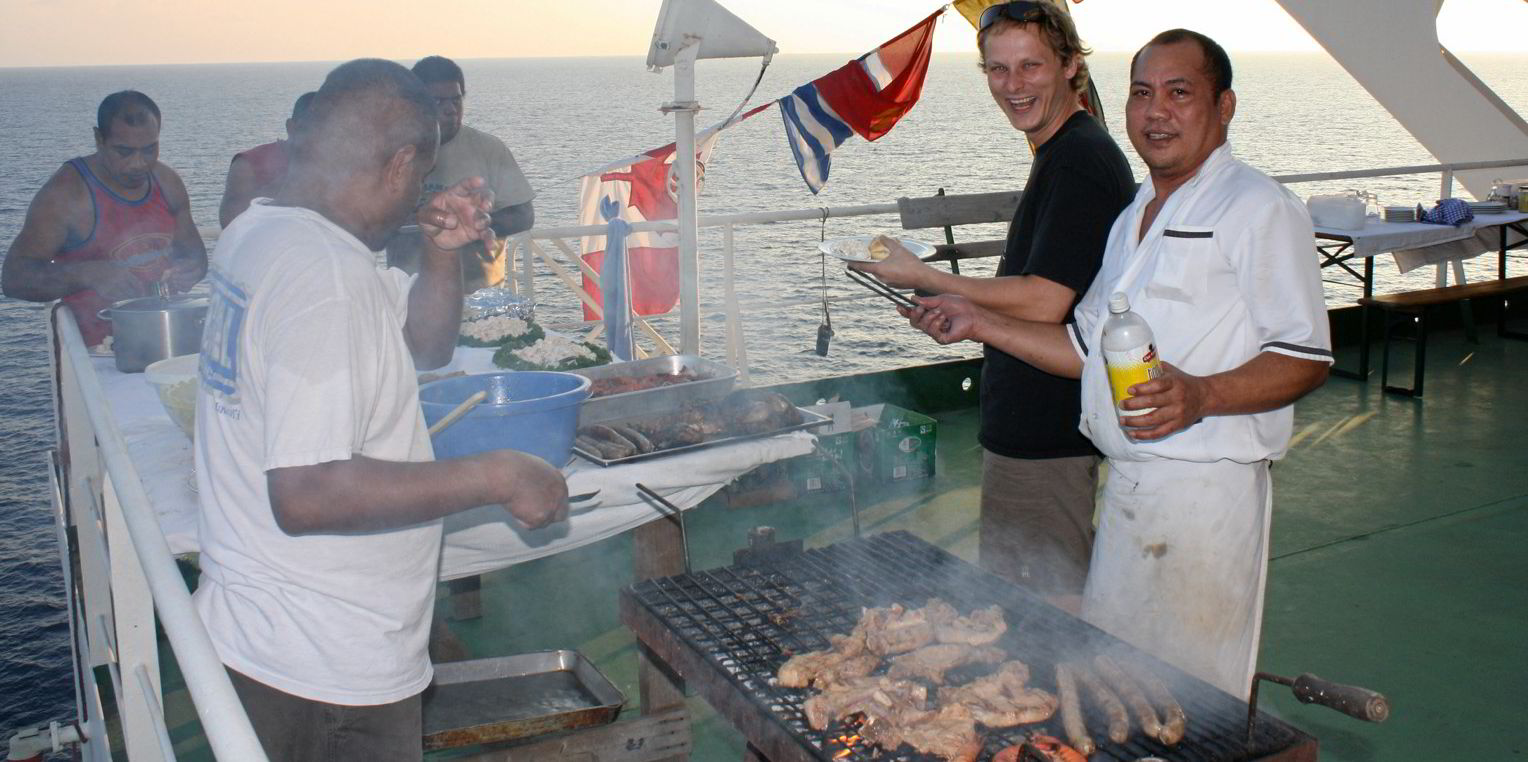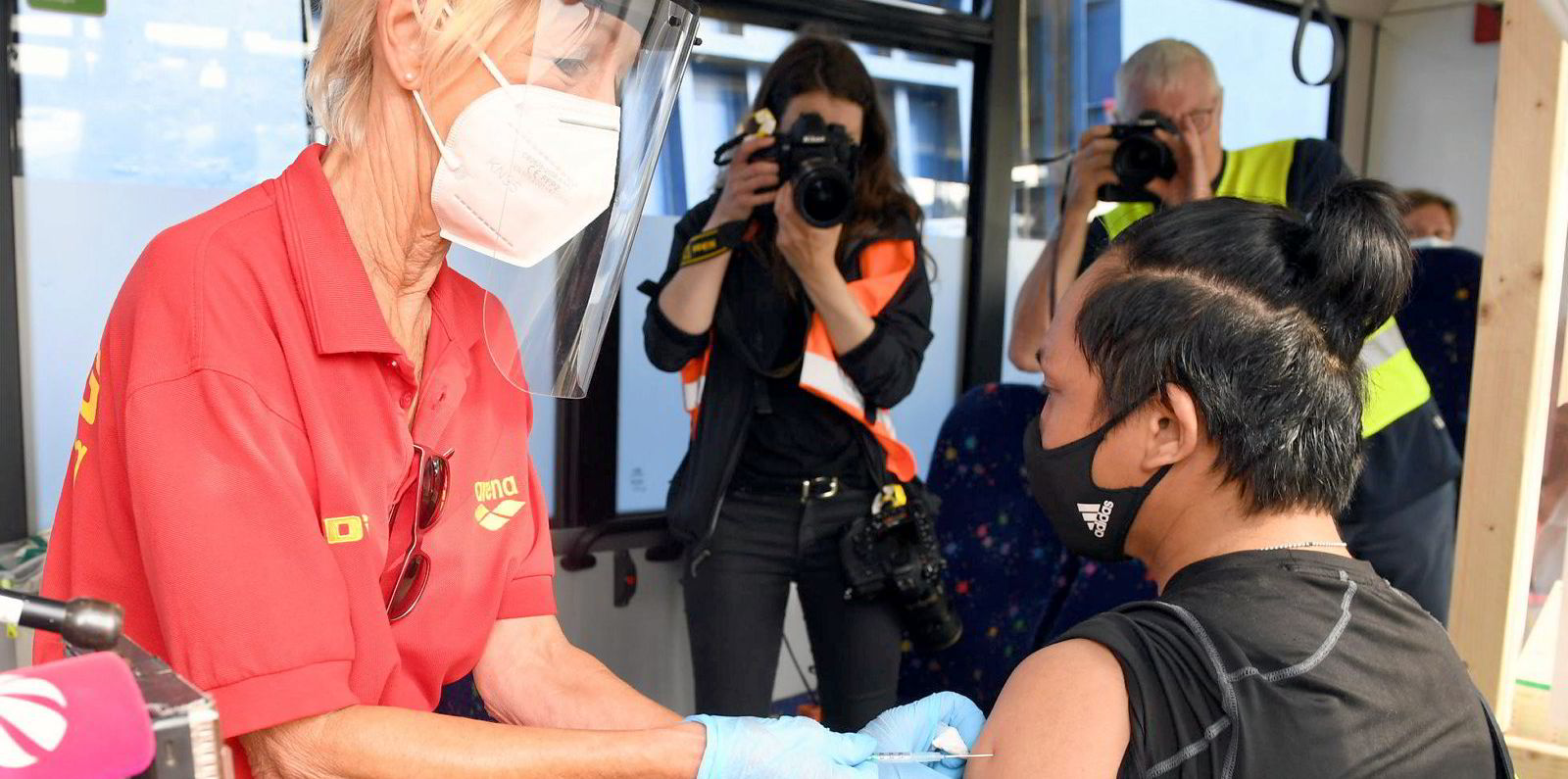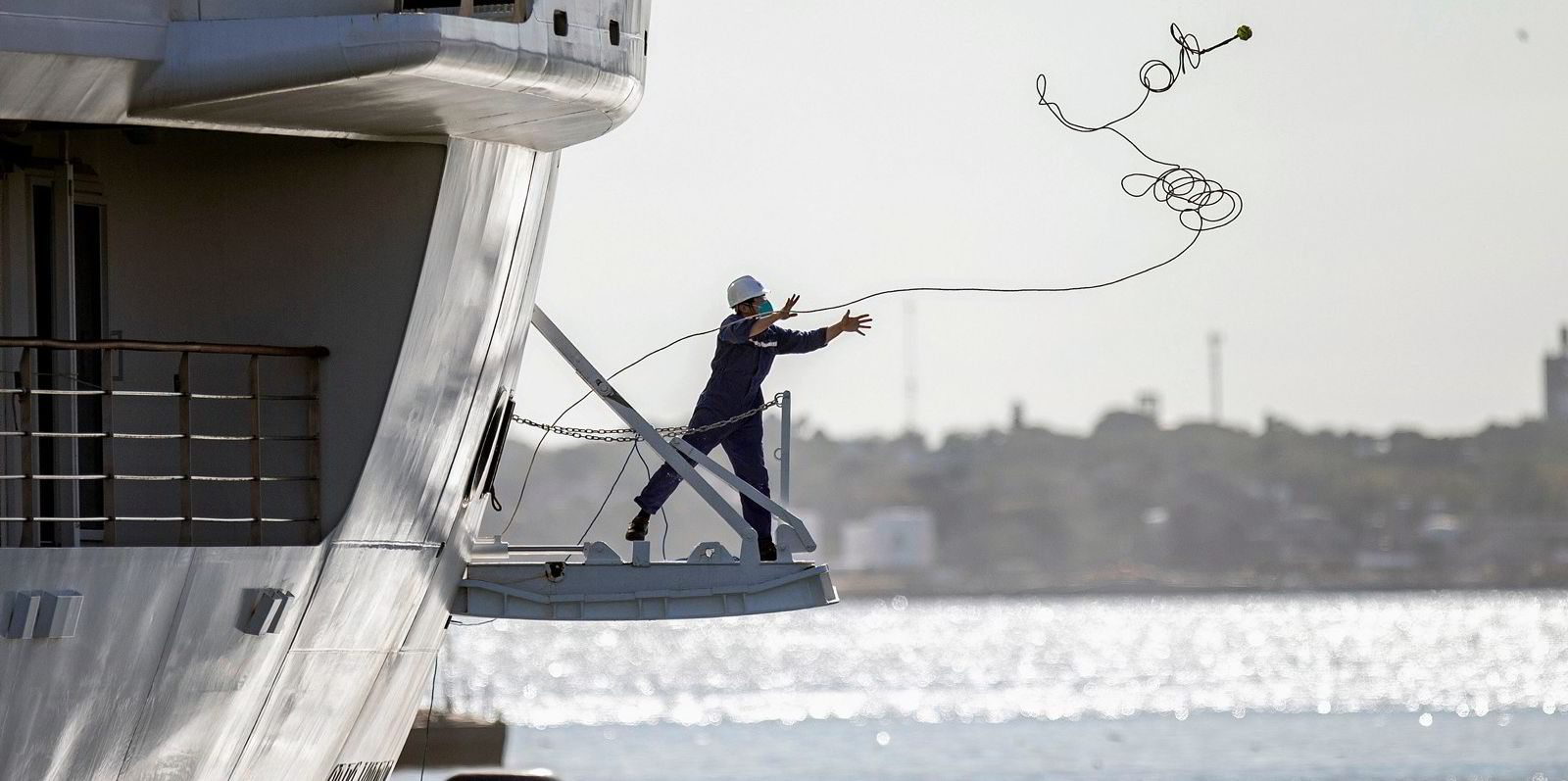Supply chain workers — including seafarers — face renewed struggles amid the international rush to restrict the spread of the Covid-19 Omicron variant, a collective of transport worker organisations has warned.
Seafarers and other transport workers face "overly restrictive" travel rules, the International Chamber of Shipping (ICS), International Air Transport Association, International Road Transport Union and International Transport Workers' Federation said in a joint statement released today.
At the time of writing, 56 countries have imposed fresh restrictions on travel.
But the transport organisations labelled the approach "rushed and fragmented". They are calling on governments to take "decisive and coordinated action ... to ease strain on the supply chain and support an exhausted global transport workforce during the busy holiday season".
● Guarantee the free and safe movement of their workers.
● Prioritise transport workers to receive World Health Organisation-recognised vaccines.
● Adopt lasting travel and health protocols developed by industry for seafarers, drivers and air crew.
● Create globally harmonised, digital, mutually recognised vaccination certificates and processes for demonstrating health credentials (including vaccination status and Covid-19 test results), which are paramount to ensure transport workers can cross international borders.
● Increase global vaccine supply by all means to expedite the recovery of their industries.
On Thursday, TradeWinds reported that Singapore had temporarily suspended crew changes and crew vaccinations for seafarers with recent travel history to several African countries over fears about exposure to the variant.
The crew crisis, which at its peak saw about 400,000 seafarers affected by travel and quarantine restrictions to stop the spread of Covid-19, had been in decline, with fewer people stuck on board ships.
But on Wednesday, the Global Maritime Forum warned that the Omicron variant could pose fresh risks.
"The spread of the new omicron variant could ... lead to a reversal of these positive trends. It is important that governments treat seafarers as key workers and continue to allow crew changes when the proper health protocols are respected," it said.
ICS secretary general Guy Platten said the unfolding situation "feels like groundhog day for our transport sectors"and there is "a real and legitimate fear that unless coordinated action is taken by world leaders, we will see a return to the peak of the crew change crisis in 2020.
"Our transport workers have worked tirelessly for the past two years throughout the pandemic to keep the global supply chain moving, and they are at breaking point," he added.
"December is traditionally a busy time for seafarers returning home to their families, and governments owe them the chance to spend that time with their loved ones.”





